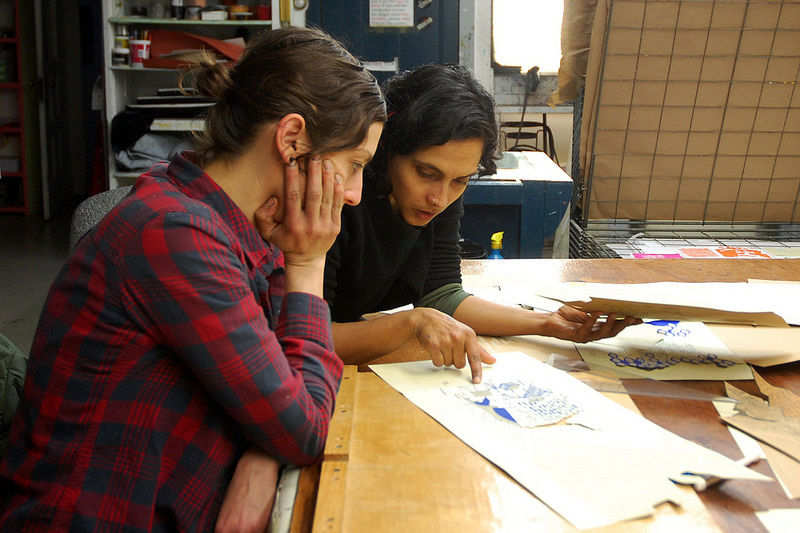|
The central purposes of this engagement are two-fold: 1) these literary works and the scholarship we will read and write about them demonstrate the rhetorical moves we will develop in our own writing this year and 2) careful, close reading, thinking, and analysis of the literary and rhetorical components that comprise our course texts are essential to thoughtful, clear, compelling writing. It should come as no surprise, then, that active reading, reflection, discussion, and writing make up the majority of the work we will undertake in this course.
This year in AP Literature and Composition, we will explore the interwoven concepts of adaptation, appropriation, and translation. Each of the four major units will include a “source” text as well as a number of other texts that speak back to that source. As we consider each of the texts we encounter this year, we will continually develop and refine our own notions of adaptation, appropriation, and translation even while we interrogate the value of those terms as viable categories for literary analysis.
This year in AP Literature and Composition, we will explore the interwoven concepts of adaptation, appropriation, and translation. Each of the four major units will include a “source” text as well as a number of other texts that speak back to that source. As we consider each of the texts we encounter this year, we will continually develop and refine our own notions of adaptation, appropriation, and translation even while we interrogate the value of those terms as viable categories for literary analysis.
objectives |
Together, we will
|
reading |
The reading in this course is organized into three major guided units, each focusing on a source text in a different major literary genre. Throughout the year, our literary texts will be supplemented with critical, analytical, and scholarly articles and excerpts that will help us refine our own opinions as scholars while also providing us with examples of persuasive, researched writing to analyze and learn from.
Unit 1 will focus on Mary Shelley’s Frankenstein, Unit 2 will take Titus Andronicus as its source text, and Unit 3 will explore Neoplatonism and the “farewell to love” tradition through poems from the fourteenth century in Italy to now. We will supplement our understanding of the central texts within each unit by exploring source texts, contexts, adaptations and appropriations of them, including selections from Ovid’s Metamorphoses, Milton’s Paradise Lost, the graphic novel V for Vendetta, films, plays, and their scripts. As a capstone experience, you will focus toward the end of the year on synthesizing and completing a substantial project of their own devising and will have an opportunity to present this project in an exhibit. Throughout the year, these units will ask you to return their attention to previous source texts. Each unit builds on and connects to the units and texts that came before them. Units and their key texts will be as follows.
|
writing |
You can expect to complete one major written assignment in each of the first three units, shorter written assignments approximately once each week, homework that is typed and submitted via Canvas multiple times each week, and your transdisciplinary, multimodal Capstone Project, which culminates in Unit 4. Long, formal assignments will require careful and thoughtful analysis, scaffolded drafting, peer review workshopping, and revision. You may revise each of the major written projects once.
Ongoing assignments will include shorter pieces of carefully prepared writing and a commonplace book. The shorter weekly-ish written assignments will, at times, ask you to identify and analyze key literary concepts, construct an interpretation of a moment within a text and develop a claim based on that interpretation, analyze the organizational and stylistic decisions made by authors on our reading list, explore the social and cultural implications of moments within our course texts, etc. The form of these shorter assignments will vary and might include blog posts, timed writing, reading responses, entries in a class dictionary of literary terms, etc. As you read and think, you will also keep a commonplace book, incorporating quotes from the readings, your own thoughts as you read, sketches, etc.. Finally, over the course of the year, you will also collect and curate the assignments you create into an online portfolio. Each of these writing assignments will ask you to form and practice the habits of mind necessary to succeed on the AP exam as well as in their future roles as college students and lifelong learners. Assignment sheets and rubrics explaining the requirements and logistics for each major project will be provided at the beginning of each unit. |
course policies |
|

